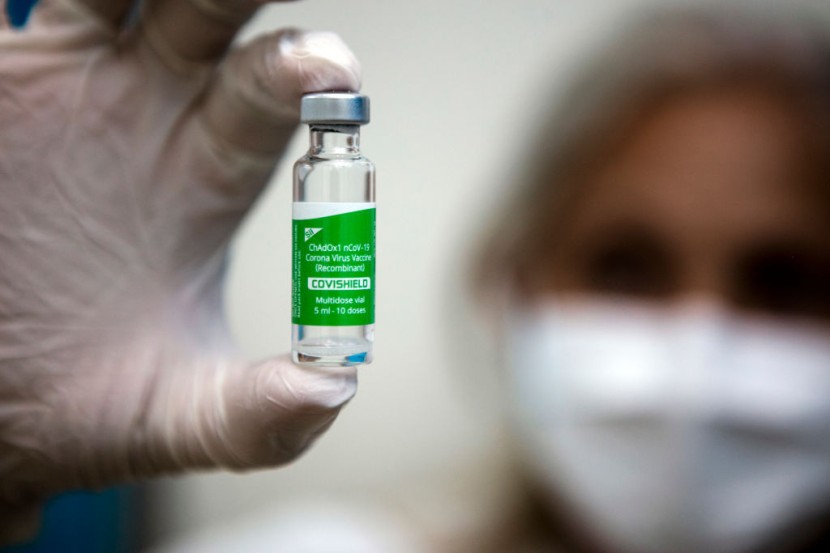
Austrian officials have halted immunizations of a batch of AstraZeneca's COVID-19 vaccine as a precaution. Investigation is ongoing over the death of one individual and the illness of another.
AstraZeneca Vaccine's Suspension
According to the Federal Office for Safety in Health Care (BASG), on Sunday, it had been sent two reports in a temporal association with an immunization from the same batch of the vaccine in the Zwettl district clinic. A 49-year-old woman passed away as a result of serious coagulation disorders. Meanwhile, one 35-year-old woman developed a pulmonary embolism and is in the stage of recovery.
BASG stated, "Currently there is no evidence of a causal relationship with the vaccination." Austrian newspaper Niederoesterreichische Nachrichten, the APA news agency, and broadcaster ORF reported that the women were both nurses working at the Zwettl clinic, reported Breaking News.
Based on the clinical data available, a linking cannot be established. Thrombotic events, in particular, are not among the typical or known side effects of the vaccine as the subject of discussion. Current knowledge indicates the clinical data do not display concerning data or signals in this respect in contrast to placebo, reported BASG.
According to BASG, "The Federal Office for Safety in Health Care (BASG) has received two reports in a temporal connection with a vaccination from the same batch of the AstraZeneca vaccine in the district clinic of Zwettl." It further remarked blood clotting was not among the known side effects of the novel coronavirus vaccine, reported US News.
Late-stage studies of AstraZeneca's coronavirus vaccine candidate are on a temporary halt as the company probes into whether a recipient's "potentially unexplained" disease is a side effect of the dose. In a statement released on Tuesday, the company stated its standard review process initiated a pause to inoculation to allow a review of safety information.
According to an AstraZeneca spokesperson, there have been no recorded severe adverse events linked with the vaccine. The spokesperson added all batches are subject to rigid and rigorous quality controls. He said trials and real-world experience so far suggest that the vaccine is safe and effective. The vaccine had been authorized for use in more than 50 nations.
As a precautionary measure of the BASG, the remaining stocks of the affected vaccine batch will not be issued or vaccinated anymore. AstraZeneca also stated that it was in contact with Austrian authorities and would support the probing.
European Union regulators at January's end approved the product. They said it was safe and effective for administering. The World Health Organisation (WHO) in mid-February recorded the product for emergency use. Adverse reactions witnessed in trials were mainly short-lived. Blood clotting issues were not recorded.
They immediately conducted international evaluation of side effect reports also displays no accumulation of identical case reports yet. At present, all important investigations involving the respective experts are running at full speed, purported to be able to completely exclude a potential connection.
As a conclusion, a safety evaluation by Germany's vaccine regulator of over 360,000 individuals who received the AstraZeneca vaccine in the country indicated that adverse reactions were in line with the safety profile depicted in clinical trials. This was between the launch of early February and February 26.
Related Article : Children To Start Receiving COVID-19 Vaccine in the Fall
© 2026 HNGN, All rights reserved. Do not reproduce without permission.








